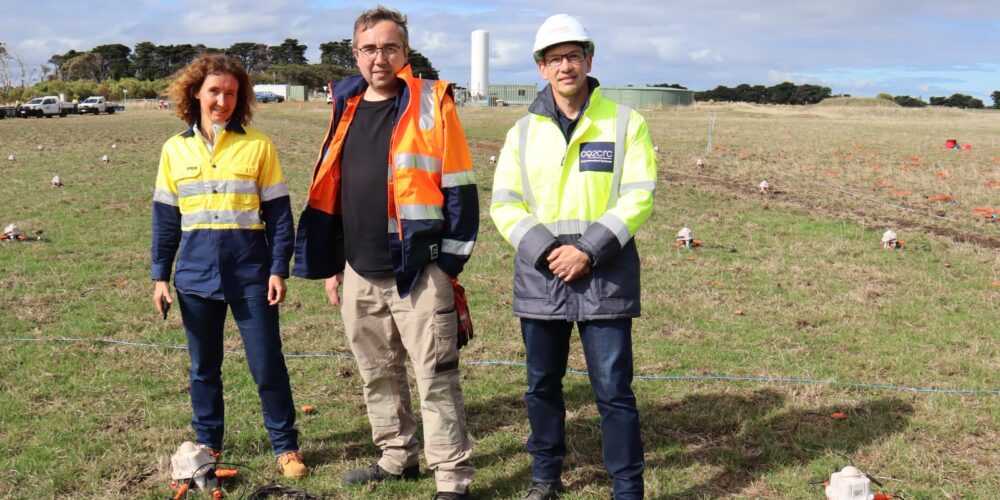New insights into social norms can drive positive social changes

New Curtin research has shed light on why people adopt social norms or conventions, such as hand shaking versus fist bumping, walking on the left or right side of a footpath, or using metric or imperial measurements, by employing mathematical modelling of human behaviours and decision-making.
The research, published in Nature Communications, found people generally exhibited two behaviours regarding social conventions – on one hand they are resistant to change, but on the other they are susceptible to adopting new norms if it was trending among peers, friends and family.
Lead author Dr Mengbin Ye, from Curtin’s School of Electrical Engineering, Computing and Mathematical Sciences, said the study found individual reluctance to change (inertia) and the tendency to follow trends can determine when and how quickly new social conventions or norms emerge in society.
“The models and experiments we have developed are powerful tools for showing how individual personal interactions can combine in ways that eventually lead to changes in social convention, which is an important new capability,” Dr Ye said.
“These social conventions, which can be as simple as how we greet each other or as important as recycling habits, are a fundamental aspect of human society. Our research provides new understanding and modelling on how individual interactions and behaviours determine how these conventions form, persist over a period of time, and then rapidly evolve.
“Our findings show that both individual inertia and the desire to follow trends play a significant role in determining when and how rapidly new social conventions will emerge.
“We are interested in further exploring how the interaction environment, such as online versus face-to-face, could emphasise these two behaviours, which we now understand to play a major role in changing social conventions.”
Dr Ye said the new understanding could be used to identify strategies and methods for promoting the adoption of beneficial social conventions.
“As one relatable example, current sustainable practices around taking reusable coffee cups to grab a coffee are still not widely adopted. Strategies focused on highlighting a growing trend, or reducing the difficulty of making the first change in habit, may provide success not just for individuals, but more importantly for collective change,” Dr Ye said.
“This has broad applications in many areas because conventions are pervasive and important to human society, whether they relate to industry or government practices, or part of our daily lives.”
The study was led by Dr Ye and involved a multidisciplinary team of researchers from the University of Groningen, the Netherlands.
The paper is titled, ‘Collective patterns of social diffusion are shaped by individual inertia and trend-seeking’.



